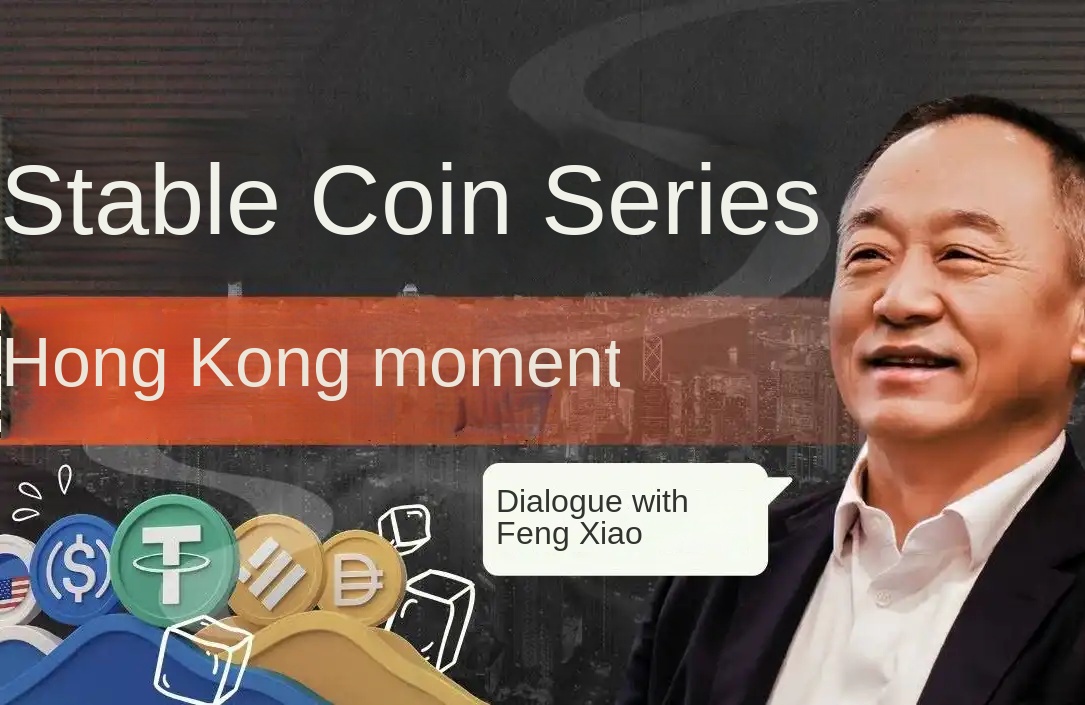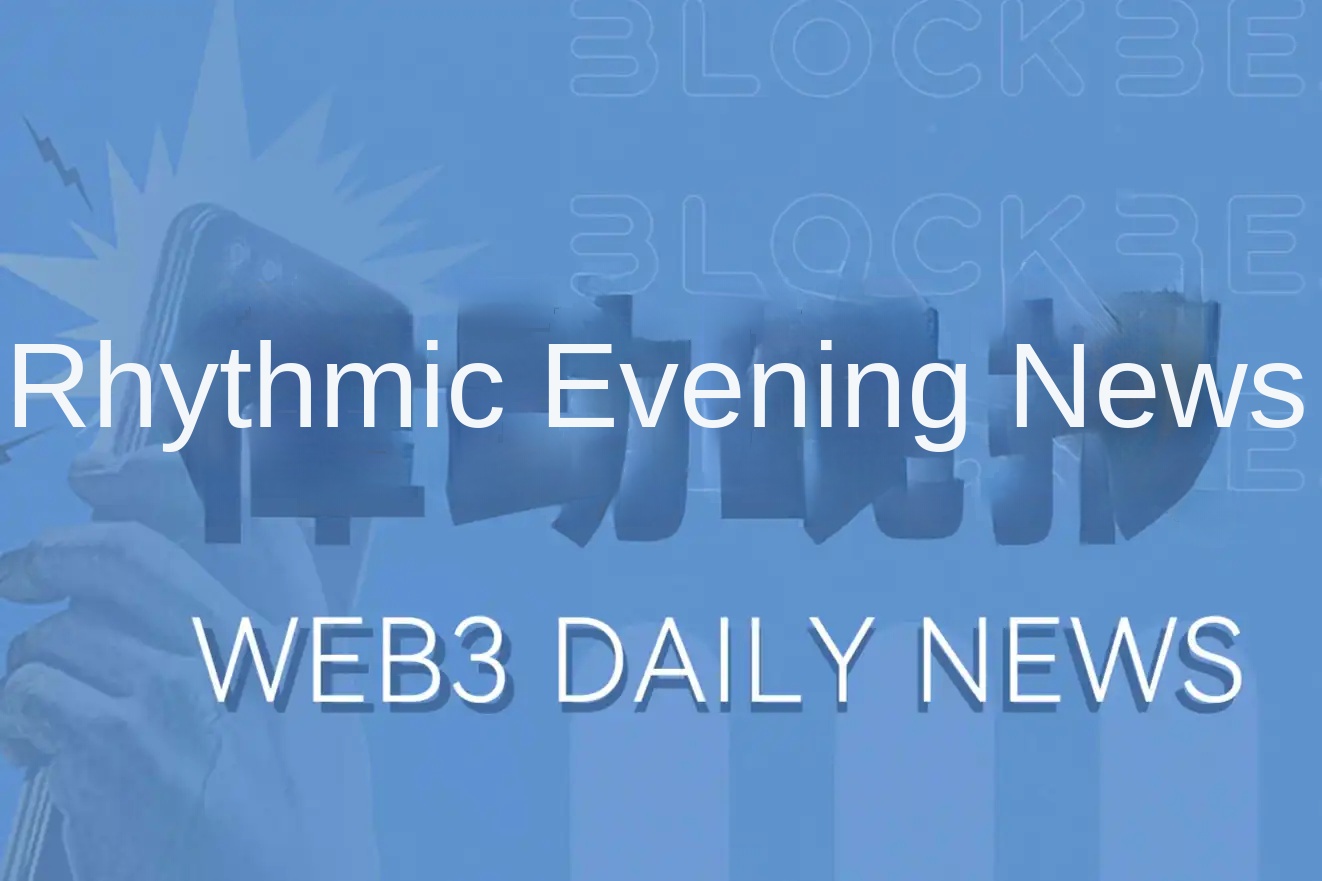Founder of SSV Network recruited into military, what other Web3 projects are there in Israel?
Table of Contents:
· Founder of SSV Network recruited by Israel, team still operating normally
· Hundreds of Israeli Web3 projects covering various fields
· SSV Network just launched on the mainnet a month ago
SSV Network founder recruited by Israel, team still operating normally
BlockBeats reported on October 11th that Alon Muroch, the founder of Ethereum staking infrastructure SSV Network, announced on his social media platform that he has been recruited into the Israeli army and stated that "the actual situation is much worse than described. We are trying to turn the situation around, but this process will neither be short nor pleasant." Alon Muroch's social media profile shows that he resides in Israel.

Later, A. Matthias, the Global Business Director of SSV Network, stated on his social media platform that the entire team is operating normally and team members will be more united.

Over a hundred Israeli Web3 projects covering various fields
After the outbreak of large-scale conflict between Israel and Palestine, many Web3 projects headquartered in Israel have attracted industry attention, and related concept tokens have also seen significant increases. Among them, Web3 projects with issued tokens cover many fields such as Layer2, DeFi, Layer1, NFT, and gaming, with StarkWare valued at up to 8 billion US dollars.

Israel's Web3 Ecosystem Map 2023,图源:COLLIDER
Israel's Web3 Ecosystem Map 2023, Source: COLLIDER
At the infrastructure level, in addition to the SSV Network, there are also Layer2 developers StarkWare, blockchain IaaS platform Orbs, encrypted payment infrastructure Fuse, and DApp application platform ChromaWay, among other projects.
Layer1 projects include privacy blockchain Secret Network, spacetime consensus protocol blockchain Spacemesh, and privacy project Beam. DeFi includes DEX Bancor, on-chain service tool Dot Finance, liquidity protocol B.Protocol (BPRO), and DeFi platform Voltage Finance.
In addition, there are projects such as Web3 education platform Open Campus, cryptocurrency exchange INX Limited, P2E game Kryptomon, NFT platform NFTrade, and cryptocurrency app store Magic Square.
Related reading: "Inventory of 16 Israeli concept coins, infrastructure and DeFi become the main force".
SSV Network launched on the mainnet just one month ago
SSV is building its own ecosystem and has offered a large grant to the public. As SSV is a fundamental infrastructure for decentralized verification nodes, it may be distant from end-users, and there is no staking entrance like Lido on its official website.
Related reading: "Explaining the Ethereum Staking Infrastructure SSV Network: Technical Implementation and Project Value"
It combines the complete staking process as follows. There are mainly three steps. The staker needs to first select a group of 4 operators as my custodian, then send the private key of the validator to KeyShares for the DKG process mentioned earlier, and finally broadcast to the selected group of operators to register them in the network. The economic model is also integrated here, and the staker can pay SSV tokens as management and operating fees.
On July 4th, ssv.network, a decentralized Ethereum staking infrastructure, released a mainnet launch schedule, which will be rolled out in four phases. On September 14th, SSV Network announced the launch of its decentralized staking mainnet. According to reports, the release of the SSV mainnet involves more than a dozen partners, and these protocol dApps will be integrated with SSV.
Related reading: "Long-read interpretation of SSV Network technology principles and development prospects".
SSV stands for Secret Shared Validators, recently referred to as DVT.
SSV distributes the private key (or share) of the validator to a group of nodes, ensuring: no centralization of keys, one node can operate without trusting another node, and SSV also has a token and a P2P market.
Welcome to join the official BlockBeats community:
Telegram Subscription Group: https://t.me/theblockbeats
Telegram Discussion Group: https://t.me/BlockBeats_App
Official Twitter Account: https://twitter.com/BlockBeatsAsia
 Forum
Forum OPRR
OPRR Finance
Finance
 Specials
Specials
 On-chain Eco
On-chain Eco
 Entry
Entry
 Podcasts
Podcasts
 Activities
Activities









